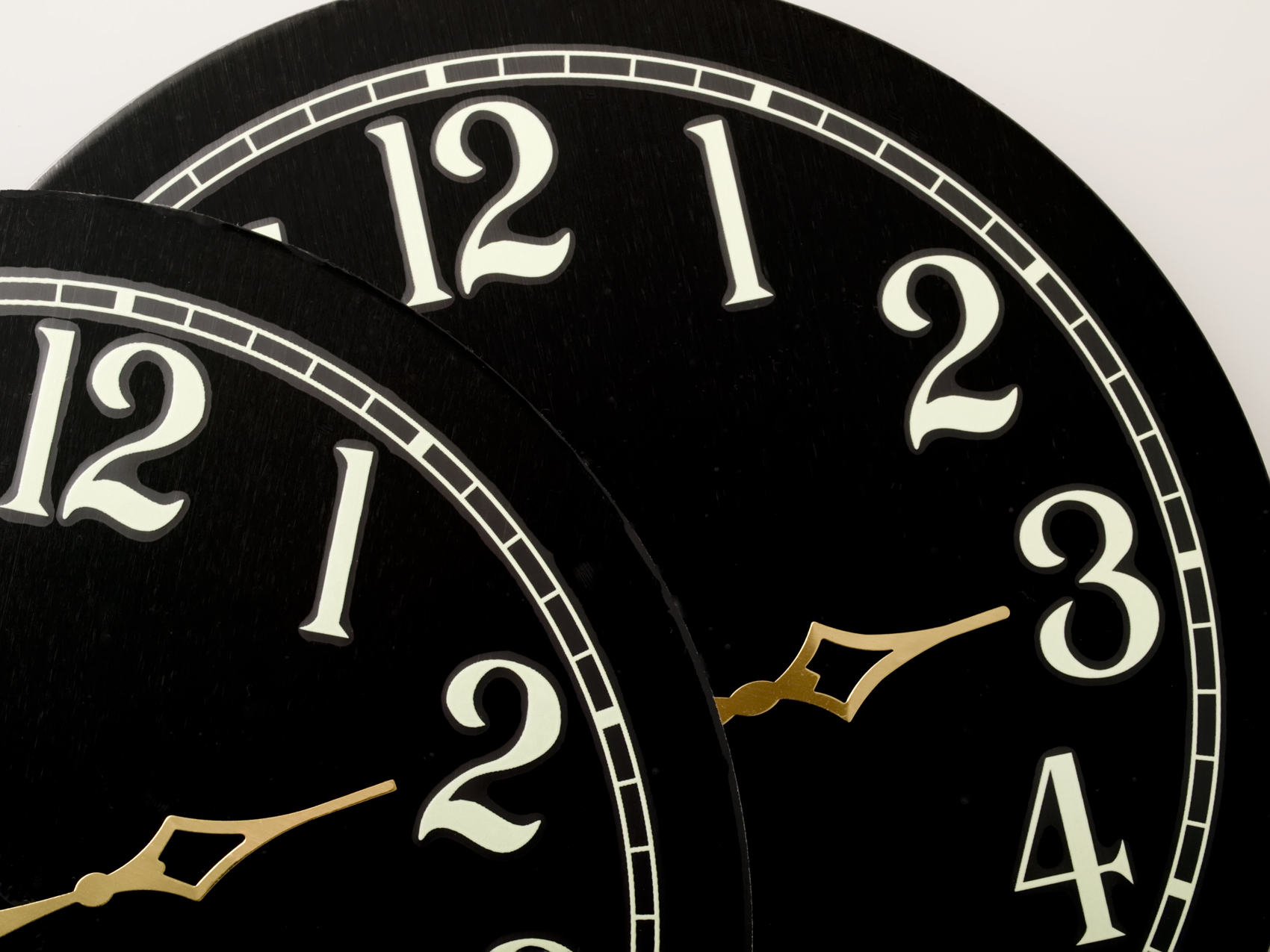The clocks change twice a year, but somehow we're never fully prepared for the way it affects our sleep pattern. As we prepare to "spring forward" on March 14, TODAY Health quizzed a few sleep specialists to discover the best ways to prep for — and cope with — that pesky time change.
Why daylight saving time affects us so much
Every spring, we "spring ahead" an hour to help us make the best use of daylight during the summer. We certainly enjoy soaking up those extra hours of sun after the fact, but it can take a few days to get used to daylight saving time.
Case in point? According to a study from the American Academy of Sleep Medicine (AASM), 55% of adults in the United States feel tired during the spring daylight saving time transition.
Get top local stories in Southern California delivered to you every morning. >Sign up for NBC LA's News Headlines newsletter.
"This is because we lose an hour of sleep. Many of us, due to work-life demands, are already sleep deprived. Daylight saving time, which disrupts our internal clock temporarily, is an added stressor," Dr. Carol Ash, a sleep specialist with RWJBarnabas Health, told TODAY.
We sometimes naturally wake up an hour early and still feel well rested, so it begs the question: Why does setting the clock ahead an hour affect us so much? According to the AASM's study, it can take five to seven days to adjust to daylight saving time.
“Studies consistently show that the spring transition to daylight saving time is associated with negative consequences for health, safety and productivity, all of which may be related to sleep disruption caused by the time change,” AASM President Dr. Kelly Carden said in a press release.
How to prepare for daylight saving time
Believe it or not, daylight saving time doesn't have to wreak havoc on your sleep routine. Luckily, you can face the time change head-on by making a few simple adjustments to your routine. The best part? These expert-approved tips work equally well for kids and adults alike.
- Reconsider your bedtime: "Try going to bed 15 minutes earlier, starting two to three days before the time change. This will help make sure you are well-rested before the clock change so any resulting 'sleep debt' will feel less extreme," Candice A. Alfano, Ph.D., director of the University of Houston's Sleep and Anxiety Center of Houston, said.
- Shift your wakeup call: "A few days before daylight saving time, set your wakeup time to 30 minutes ahead. This will narrow the difference and make it easier for you to adjust to the time change," Dr. Ana Krieger, medical director of the Center for Sleep Medicine at Weill Cornell Medicine and New York-Presbyterian, said.
- Readjust your routine: "Take advantage of your earlier start for the day, and shift your activities to an earlier schedule, including dinner, exercise and bedtime," Krieger suggested.
- Trick your brain: "The brain looks for visual cues to know what time it is. Another thing you can do is change the time on a wristwatch 15 minutes ahead each day before daylight saving time to provide that visual cue," Ash said.
How to deal with sleep deprivation from daylight saving time
So daylight saving time has come and gone and you're feeling a bit groggy, huh? You don't just have to grin and bear that fatigued feeling. Here are a few ways to help mitigate the effects of the time change:
- Avoid naps: "If you feel sleepy the day after the change, try to resist taking a nap because this will reduce the amount of sleep pressure present at bedtime and can create longer term sleep problems. If you must nap, keep it to 15 to 20 minutes, ideally in the late morning," Alfano said.
- Seek out sunshine: "Make sure you get plenty of sunlight on the morning after the change. Light has potent effects on our internal body clock and will help you feel less tired," Alfano revealed.
- Watch your diet: "Avoid foods and beverages that will keep you up, such as caffeinated beverages, chocolates or alcohol at least three hours prior to bed," Ash said.
- Set your kids up for success: "If you have kids at home, make sure they don’t leave any work to be completed in the morning before school starts as their brains will be in a fog — or fully asleep — in the early morning," Krieger suggested.
- Avoid exercising too late: "Moderate-to-high intensity exercise should be performed earlier in the day, as late-night exercise can inhibit a good night’s sleep. During exercise, the sympathetic nervous system is activated, and when this occurs close to bedtime, it may also affect subsequent sleep propensity," Mark Aloia, Ph.D., global lead for behavior change at Philips Healthcare, told TODAY.
- Reduce screen time: "Light from a device can affect one’s circadian phase. If it’s nearing bedtime, our phase is shifting toward sleep and exposing ourselves to too much light at this time can result in trouble falling sleep. Screen time is also harmful for adequate sleep if the content we’re viewing is activating and anxiety provoking, which can interfere with emotions and interrupt sleep," Aloia said.
This story first appeared on TODAY.com. More from TODAY:



